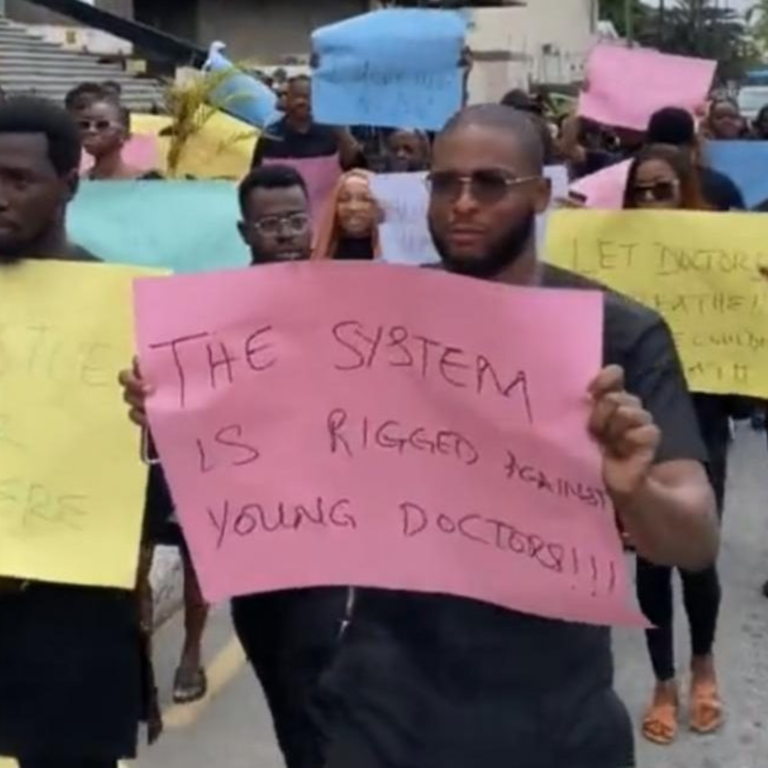Electricity is a vital part of our day-to-day lives. And it’s not news that the Nigerian power sector has reached a point where divine intervention might be needed, especially with how the national grid collapses every other day.
Some challenges the power sector faces are insufficient power generation and gas supply, transmission and distribution constraints and poor policy enforcement. However, beyond this, Nigerians also contribute to the power sector crisis by partaking in electricity theft.
What is electricity theft?
Electricity theft is simply stealing or “tapping” electricity through illegal connections, and this has become a significant source of revenue loss for electricity Distribution Companies (DisCos).

According to the Nigerian Electricity Regulatory Commission (NERC), over 25% of the energy transmitted by the Transmission Company of Nigeria (TCN) is lost to theft and other technical issues. In 2020, DisCos announced that they had lost over ₦30 billion monthly due to electricity theft and vandalism; in 2018, the Association of Electricity Distributors (ANED) estimated the revenue loss due to electricity theft and vandalism to be about ₦155.89 billion.
The most common methods of electricity theft include:
Illegal hook connections
This method is popularly called “tapping electricity, ” which is done by connecting a service wire to an overhead electricity cable. This connection can also be made underground. This connection increases the load to generating stations and the electricity bill of other consumers.
Metre bypass and tampering
This typically involves manipulating the installed prepaid metre so it doesn’t reflect the actual amount of electricity consumed.
It’s important to know that electricity theft is not without consequences as it increases the risk of fire hazards and overloads the power grid, which causes power outages and destruction of properties. And unfortunately, these adverse effects aren’t limited to just those complicit in electricity theft; innocent people would also be affected.
What does the Law say about Electricity theft?
In 2013, NERC made the Electricity Theft and Other Related Offences Regulations serve as a deterrent. According to Section 1(1) of the regulation, “any person who willfully and unlawfully taps or makes any connection with overhead, underground or underwater lines or cables, or tampers with a metre or uses any other method to interfere with accurate or proper registration, calibration or metering of electric current shall be guilty of an offence under Sections 383 and 400 of the Criminal Code. Such people shall also be guilty under Section 286(2) of the Penal Code Section 1 of this Regulation. They shall be punishable with terms of imprisonment as applicable, provided under Sections 390 of the Criminal Code, Section 287 of the Penal Code or Section 94 of the EPSR Act.”

The Electric Power Sector Reform Act (2005) also states that anyone who willfully removes or destroys equipment or apparatus of a licensee commits an offence and is liable on conviction to imprisonment for not less than five years and not more than seven years.
Lastly, the Miscellaneous Offences Act states that anyone found unlawfully tampering, meddling or disconnecting electricity equipment used for transforming and converting electricity is liable on conviction to be sentenced for life.

Electricity theft is one of the crimes that certainly needs more attention from the government as it’d go a long way in improving the quality of electricity supply in Nigeria and ending the loss of revenue in the sector.




